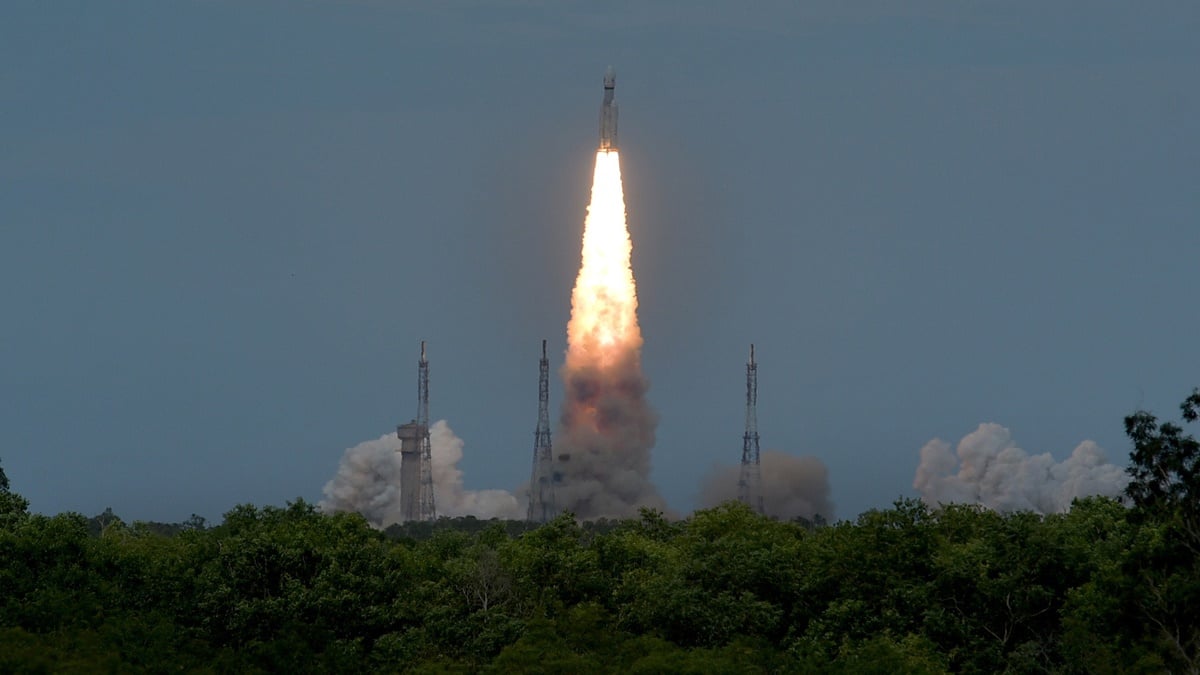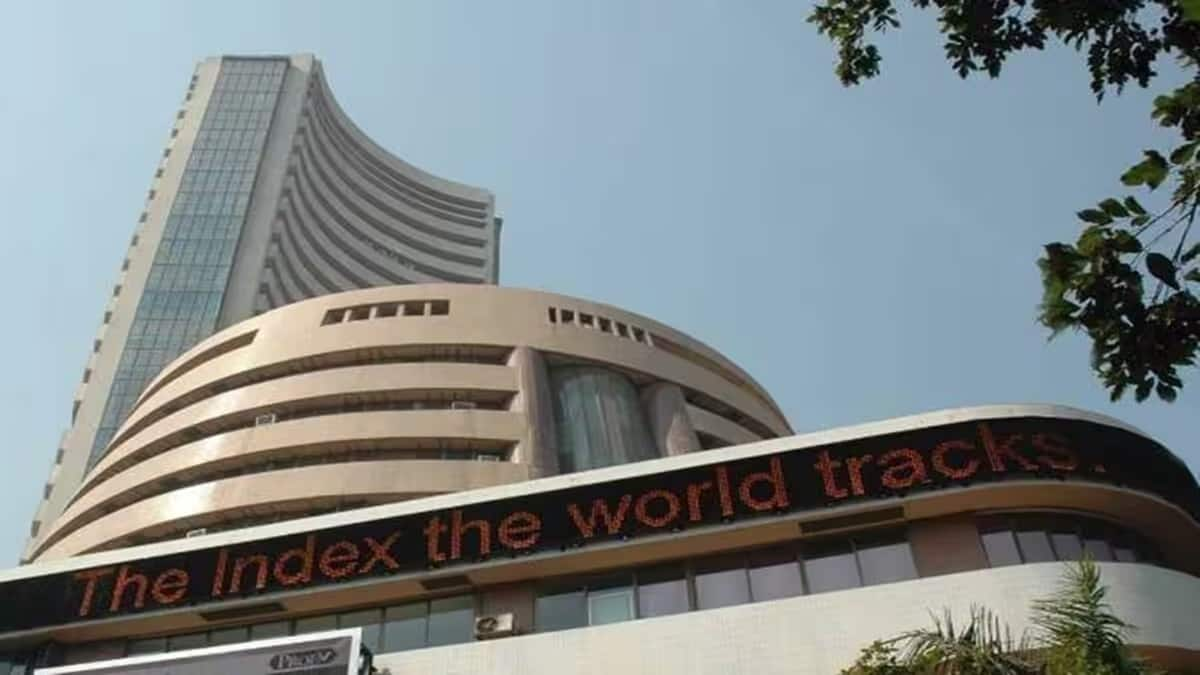Embarking on a new era: India’s exciting space journey in 2024 with FDI and Space Activity Bill
In the year of 2023, India achieved remarkable heights by successfully launching Chandrayaan-3 and Aditya-L1, its inaugural solar mission. These triumphs not only solidified India’s position in the global space economy but also set the stage for a flourishing private space sector.
This year saw India forging strategic alliances with the USA and France, with the USA signing agreements on emerging technologies and both nations expressing their commitment to future space cooperation. The tangible outcome of this collaboration materialized with NISAR coming to India in March and scheduled for launch in the first quarter of the following year, underscoring India’s dedication to global space exploration.
Lt Gen AK Bhatt, Director General, Indian Space Association, highlighted the positive impact of the Telecommunications Bill, stating that it would benefit the nascent space industry, especially the downstream sector. The legislation is expected to foster healthy competition and ensure a level playing field for all stakeholders, contributing to bridging the digital divide by reaching remote rural areas.
India’s Dynamic Space Startup Landscape
April 2023 witnessed Dhruva Space launching its 3U and 6U Satellite Orbital Deployers and its Dhruva Space Satellite Orbiter Link (DSOL) on ISRO’s PSLV C55, part of POEM-2. Additionally, Azista-BST successfully launched the first satellite, ABA First Runner (AFR), in June, showcasing India’s capabilities in space endeavours.
In October, Hyderabad-based Skyroot Aerospace inaugurated India’s largest private integrated rocket development facility, introducing Vikram-1, a multi-stage launch vehicle with seven storeys and a payload capacity of approximately 300 kg.
New Space Policy Unleashed
April 2023 marked the announcement of the New Space Policy, a landmark move allowing private players to engage in diverse space activities, from launch vehicles and communications to applications and potential asteroid mining. This policy also established IN-SPACe as a regulatory agency, providing a comprehensive framework for private sector involvement.
Private Space Odyssey Continues
In the private sector, Tata Advanced Systems recently announced a collaboration with Satellogic Inc for developing local space technology capabilities in India. The HAL-L&T consortium is in advanced stages of producing five PSLV rockets, while Skyroot Aerospace gears up for an orbital launch in January 2024. Agnikul, after successful ground tests, prepares for a rocket launch, with their launch pad in Sriharikota ready with ISRO’s cooperation. Pixxel, a Bengaluru-based spacetech startup, plans to launch 24 satellites in the next two years, commencing with the deployment of six satellites, Fireflies, in 2024. Azista-BST and MapmyIndia are set to continue satellite deployment activities and make strides in IoT-based products, respectively.
Opportunities and Developments Await in 2024
As we approach 2024, the Indian private space sector brims with anticipation. Skyroot Aerospace readies for an orbital launch in January, diversifying satellite launch services. Agnikul, with impending rocket launch, and Pixxel, planning a satellite constellation expansion, highlight the sector’s dynamic nature. Azista-BST, MapmyIndia, and the HAL-L&T consortium’s collaboration await fruition. The synergy between the private sector and government entities reflects in anticipated firm orders from the defence sector.
Views on Startups
Lt Gen AK Bhatt, Director General, Indian Space Association has underscored the pivotal role of Indian space startups, labelling them as a strong pillar for the private space industry. With a total funding of US$123.90 million received in 2023, these startups are emerging as trailblazers, not just stargazers, in the commercial space race. The total funding for Indian space startups has reached US$380.25 million, with 54 new space startups emerging in the past year, bringing the current count to 204.
Looking ahead to 2024
He anticipates the eagerly awaited Foreign Direct Investment (FDI) Policy, critical for the space sector’s development, and the discussion of the Space Activity Bill in Parliament. These policies are expected to solidify the industry’s position, creating more opportunities for growth and financial incentives for private players.
He emphasizes that as the private space sector in India advances with unprecedented collaborations, groundbreaking launches, and visionary policies, it is poised for a revolution in 2024. Strategic alliances, a thriving startup ecosystem, and critical policies like FDI and the Space Activity Bill position India’s trajectory for a quantum leap in space exploration. The convergence of governmental support, industry innovation, and international partnerships marks not just a chapter but a resounding proclamation of India’s role in the global space arena.




